Common Search Terms:
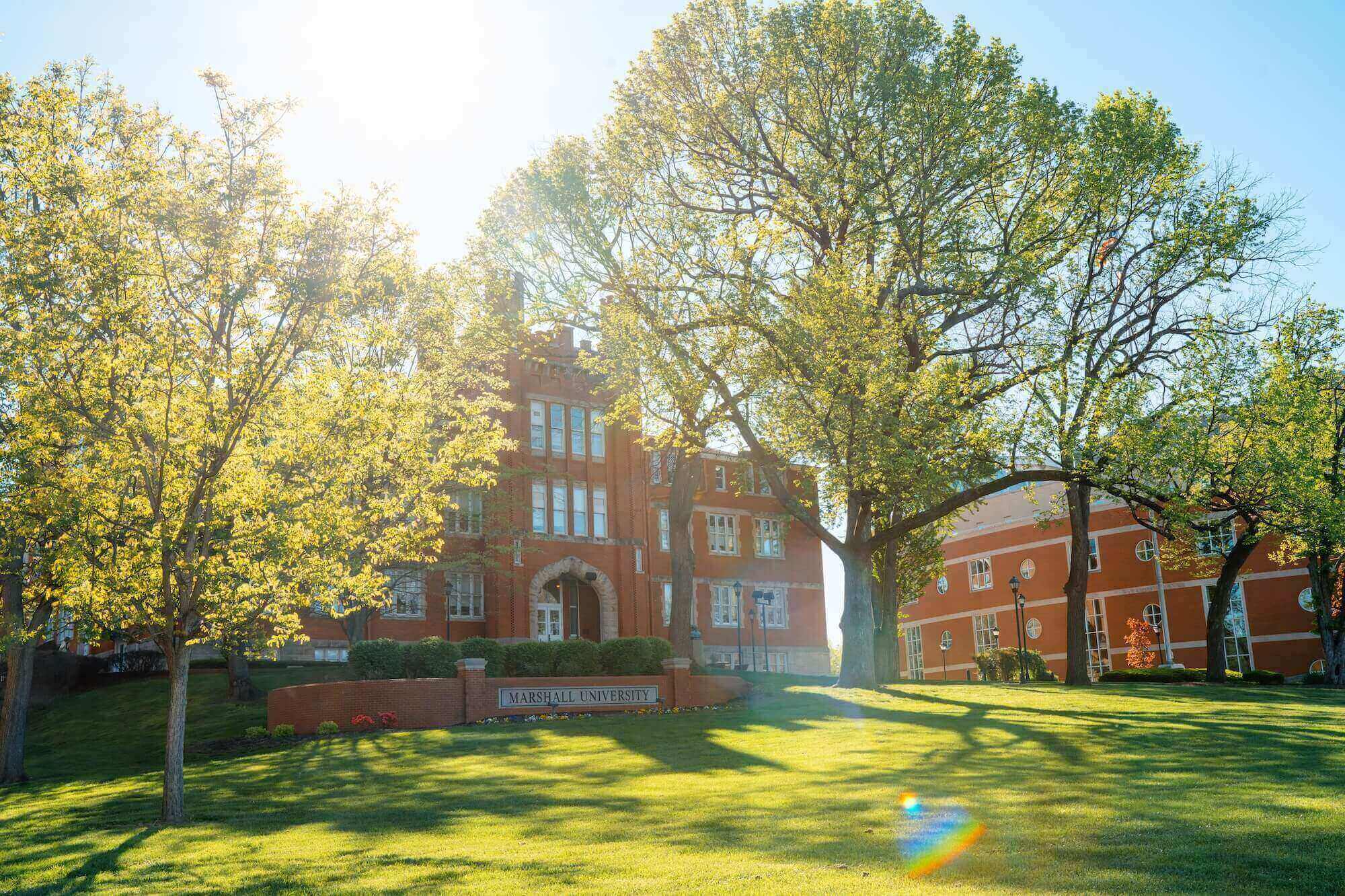
Marshall University News
What's happening at Marshall University
Recent Moments
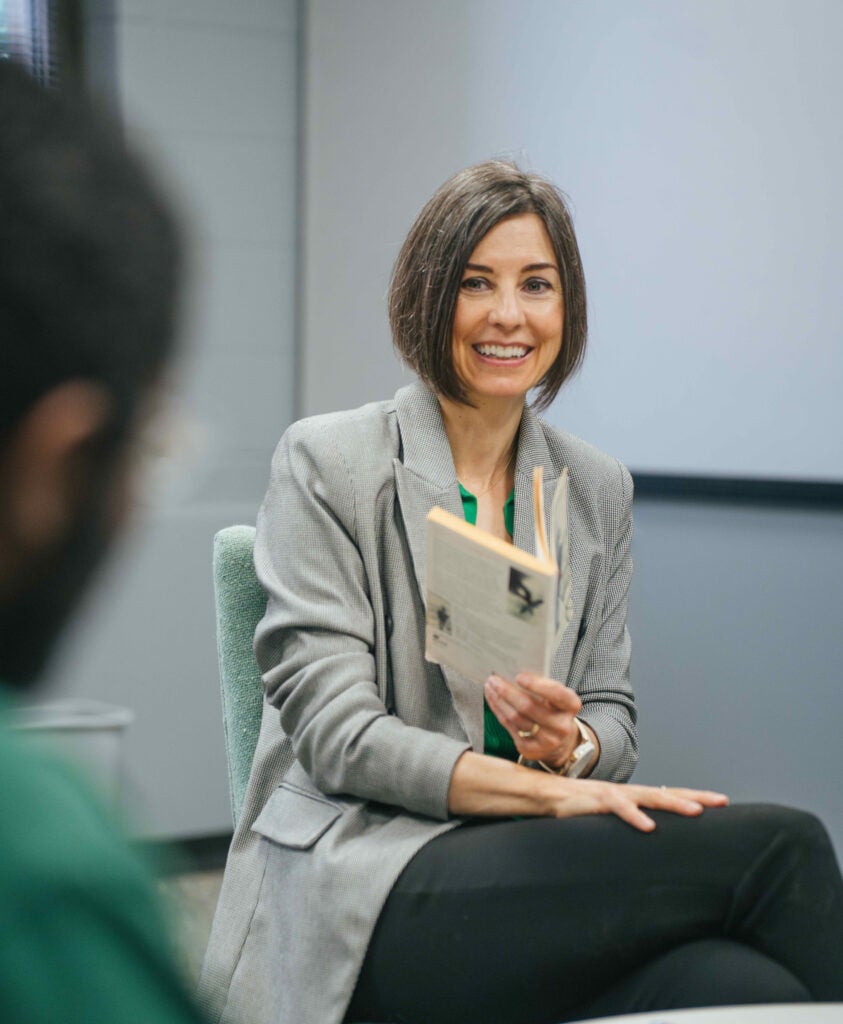 It’s a Good Life
Apr 23, 2025
It’s a Good Life
Apr 23, 2025
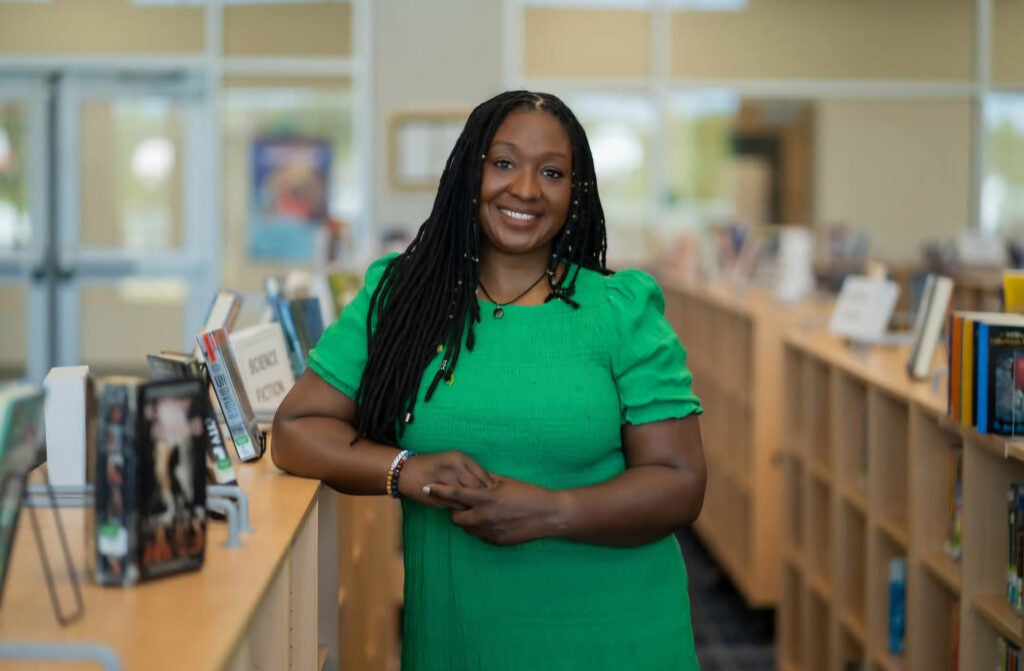 Pages of Purpose
Apr 17, 2025
Pages of Purpose
Apr 17, 2025
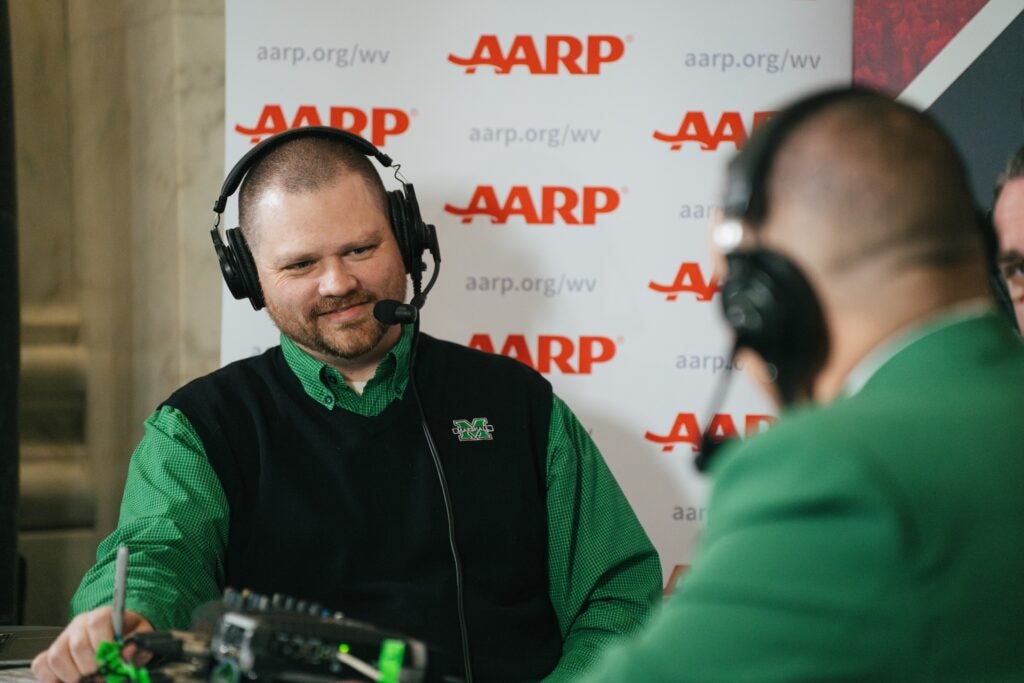 Replacing A Legend
Apr 2, 2025
Replacing A Legend
Apr 2, 2025
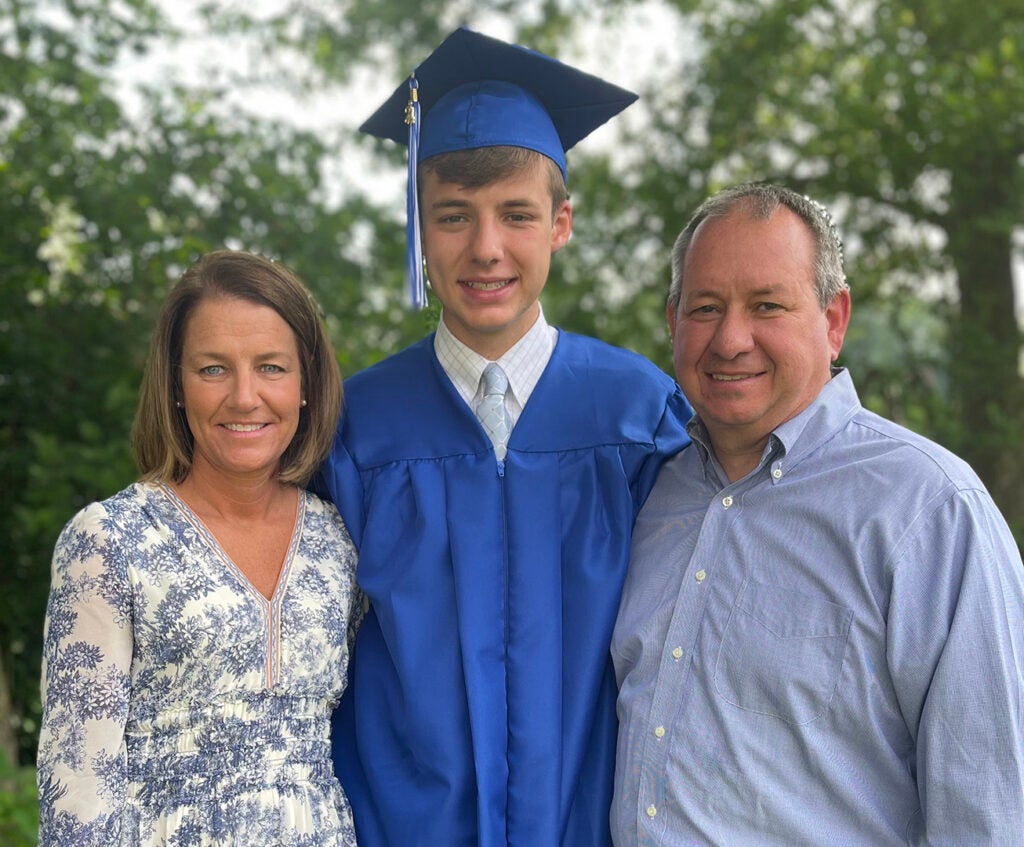 Marshall’s expanded Metro Tuition Rate is opening doors for out-of-state students
Mar 11, 2025
Marshall’s expanded Metro Tuition Rate is opening doors for out-of-state students
Mar 11, 2025
 Dual Credit programs give high school students a head start
Feb 17, 2025
Dual Credit programs give high school students a head start
Feb 17, 2025
 A Marshall trio
Feb 17, 2025
A Marshall trio
Feb 17, 2025
 Big Success from Small Creatures
Feb 10, 2025
Big Success from Small Creatures
Feb 10, 2025
Upcoming Events
Using Adobe AI Assistant: MURC and Grants
April 29
Alumni
Adobe and Coursera and AI: Presidential AI Taskforce
April 29
Faculty & Staff
School of Medicine Golf Classic
April 29
Students,
Faculty & Staff,
Alumni,
General Public
AI Panel & Showcase
April 29
Wind Symphony Concert
April 29
12th Annual Quality & Safety Summit
April 30
Students,
Faculty & Staff
Adobe Adventure
April 30
Students,
Faculty & Staff
Marshall University Baseball vs West Virginia
April 30
MU Orchestra Concert
April 30
Marshall University Softball vs Georgia State – We Are…Thankful
May 01
Recent News Releases
Featured Videos



More News
College of Arts and Media
College of Business
Marshall welcomes Harvard Business School students
October 15, 2024
Tricia Ball returns to Marshall to lead the iCenter
October 2, 2024
Eng named interim dean of the Lewis College of Business
July 11, 2024
College of Education and Professional Development
Iconic West Virginia schoolhouse named to National Schoolhouse Register
February 24, 2025
Tickets on sale for seventh annual TEDxMarshallU event
December 18, 2024
College of Engineering and Computer Sciences
Marshall University to host 5th annual Cyber Safety Summit on Nov. 20
November 18, 2024
MU Cyber Team places eighth in Emagine The Future cyber competition
November 6, 2024
College of Health Professions
Marshall University receives gift for renovations to Gullickson Hall
October 10, 2024
College of Liberal Arts
College of Science
Marshall University maintains Carnegie Research 2 ranking
February 24, 2025
Marshall celebrates excellence in grantsmanship and grant growth
February 4, 2025



